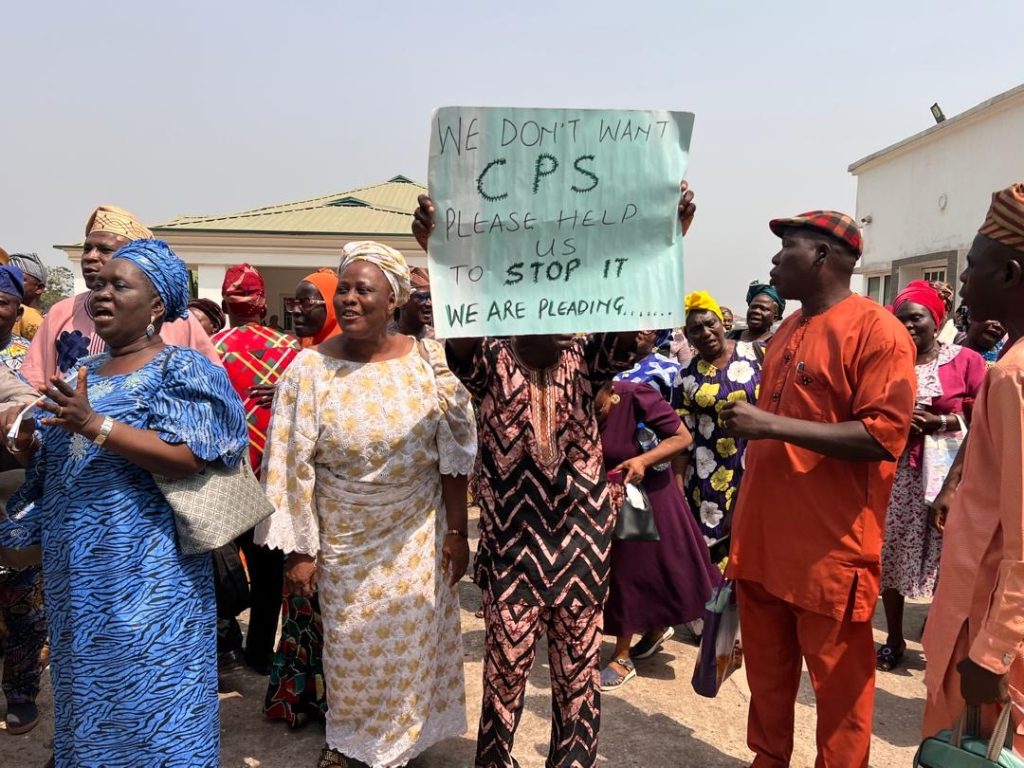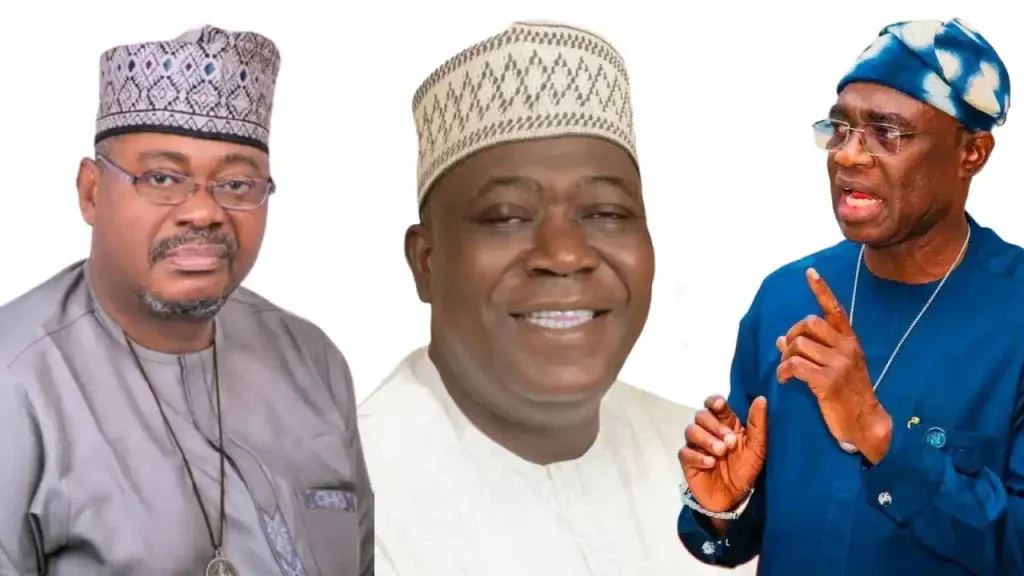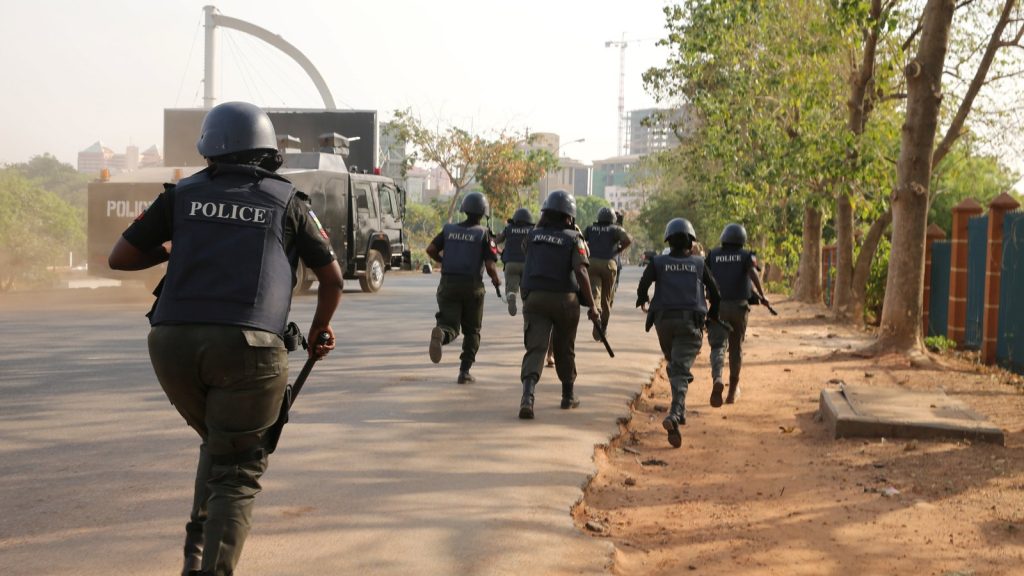In Nigeria, the journalism profession is facing a daunting challenge as many young people are being deterred from pursuing a career in the field due to widespread intimidation, harassment, and a lack of press freedom. According to Fisayo Soyombo, a renowned investigative journalist and founder of the Foundation for Investigative Journalism, the situation has become so dire that it’s impossible for journalists to practice their profession without fear of persecution.
Soyombo, who was speaking during an interview on Channels TV, expressed his concern about the scaremongering that is prevalent in the industry. He cited instances where young people are discouraged from becoming journalists, with warnings that they will be targeted by the government and potentially end up in prison. This sentiment is echoed by the fact that between 1986 and 2003, 1,034 Nigerian journalists were detained, with 28 journalists detained in the first year of President Bola Tinubu’s reign alone.
The retrogression of press freedom under the current administration is a major concern, with police officers viewing journalists as cyber criminals. Soyombo lamented that in a democracy, press freedom is just as bad, if not worse, than it was under the military regime. He also pointed out that the police, in collaboration with corrupt politicians, often misinterpret laws to criminalize journalism, using semantics to justify their actions.
The situation is further complicated by the fact that the cybercrime law is often used to hound journalists, rather than being used as a legitimate tool for justice. Soyombo emphasized that when a journalist is accused of publishing something injurious to another person, the law is clear that they should go to court. However, in practice, the cybercrime law is often used to intimidate and harass journalists, rather than being used to uphold the law.
The implications of this situation are far-reaching, with the potential to stifle free speech and undermine the ability of journalists to hold those in power accountable. As Soyombo noted, the systemic patterns of harassment and intimidation are a major deterrent to young people who might otherwise be interested in pursuing a career in journalism. Unless there is a significant shift in the way that journalists are treated in Nigeria, the profession is likely to continue to suffer, with serious consequences for the health of democracy in the country.



